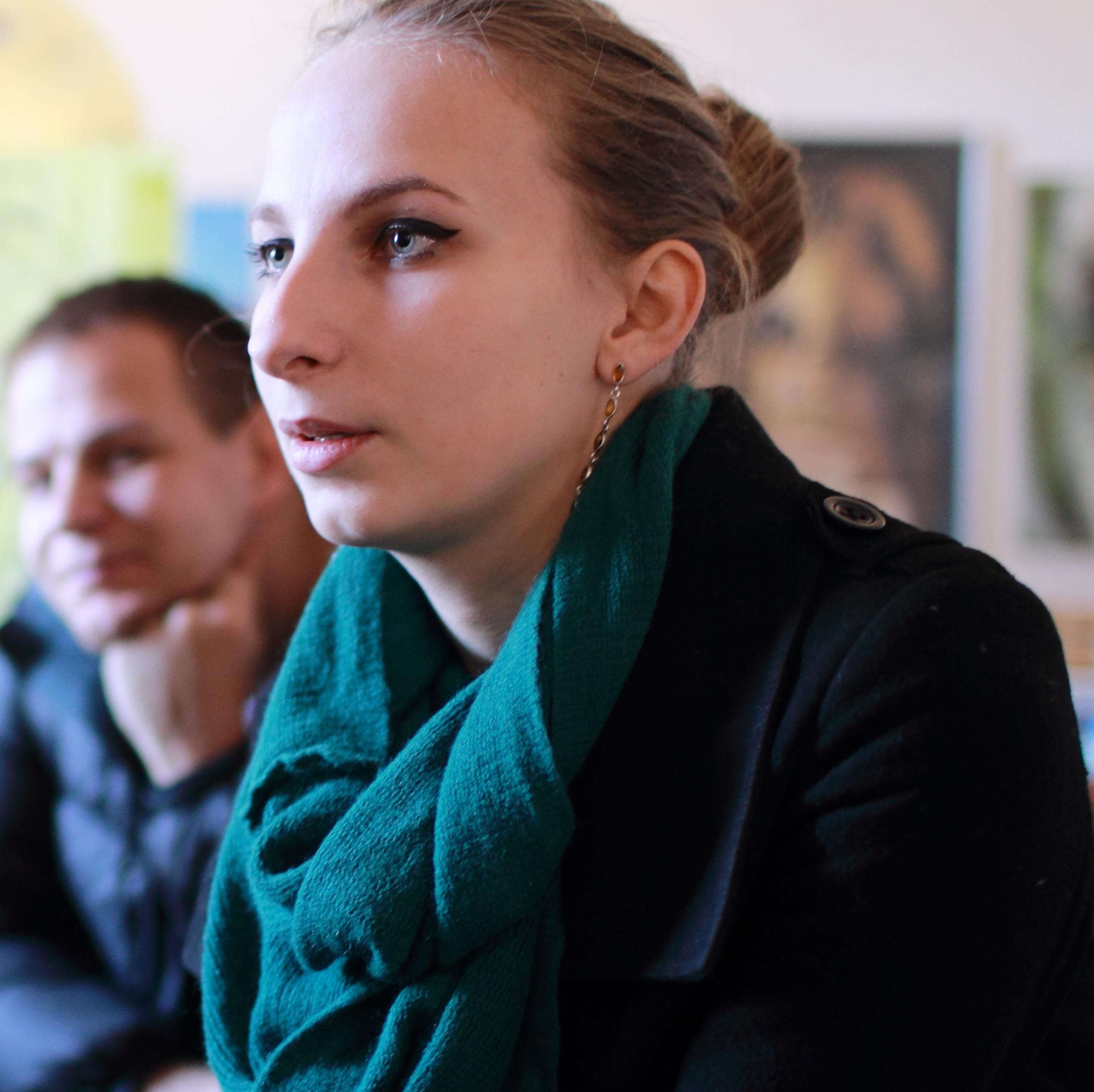
Gastroenterology@TUM
@GastroTUM
Followers
2K
Following
919
Media
335
Statuses
709
Translational Gastroenterology, Klinik für Innere Medizin II, TUM University Hospital Rechts der Isar Legal notice: https://t.co/swsc2oeSRd
Munich, Bavaria
Joined November 2018
• PUFAs trigger intracellular lipid peroxidation in MAIT cells, pushing them into a state of metabolic exhaustion • Excessive lipid peroxidation causes MAIT cell death through ferroptosis 4/5
1
0
0
Important to know: • MAIT cells lose their immune functions in patients with MASLD, leading to impaired; tumour immune control • MASLD-associated polyunsaturated fatty acids (PUFAs) drive MAIT cell dysfunction 3/5
1
0
0
Our findings uncover a novel immunometabolic axis that serves as a functional barrier for MAIT cell-mediated anti-#cancer immunity and could be exploited for enhancement of immunotherapy. 2/5
1
0
0
"Polyunsaturated fatty acid-induced metabolic exhaustion and ferroptosis impair the anti-tumour function of #MAIT cells in #MASLD" - do you already know our #publication in @JHepatology? https://t.co/47Rz7B9cGj 1/5
journal-of-hepatology.eu
Mucosal-associated invariant T (MAIT) cells constitute a highly abundant innate-like T-cell population in the human liver that is critical for immune surveillance of hepatic cancers. However, MAIT...
1
0
1
Conclusion: The score tended towards a higher sensitivity in detecting BSI than that with PCT. However, its impact on reducing antibiotic use in viral infections was minor compared with that of SOC. #Infection #Antibiotics #Research #Science
0
0
0
#Research news: "Evaluation of a host-protein signature score for differentiating between bacterial and viral infections: real-life evidence from a German tertiary hospital" - this is our #publication in #Infection / @NCBI: https://t.co/ThWUYDvHDu 1/2
pubmed.ncbi.nlm.nih.gov
The score tended towards a higher sensitivity in detecting BSI than that with PCT. However, its impact on reducing antibiotic use in viral infections was minor compared with that of SOC.
1
0
1
#Research #News: @MaxReichertMD, @arispapargyriou and colleagues from @TU_Muenchen have developed a new 3D culture system called “branched” #organoids - a better model to study #pancreaticcancer in vitro. ➔ Our #publication in @natBME: https://t.co/NojOl92I4r
#PDAC #Munich
nature.com
Nature Biomedical Engineering - Branched organoids embedded in collagen gels can recapitulate the phenotypic landscape and pronounced molecular and morphological heterogeneity of pancreatic ductal...
💗My new cover for @NatureBME: Branched #organoids uncover hidden diversity in cancer🦀 The cover illustrates diverse pancreatic cancer organoids. @MaxReichertMD, @arispapargyriou and colleagues from @TU_Muenchen have developed a new 3D culture system called “branched”
0
1
6
Last reminder Today, 5pm, in #Munich & via Zoom: Lecture "Targeting #pancreaticcancer progression, metastasis and treatment resistance guided by intravital imaging" by Dr. David Herrmann, @GarvanInstitute. We will be happy to welcome you to this talk! https://t.co/BHPsG7AGhP
0
0
0
Joint seminar by Institute of Tumor Metabolism, CCCMTUM | Klinik für Innere Medizin II 07.07., 5 to 6 pm (CET) Host: @kivancgorgulu More information & qr code: https://t.co/BHPsG7Be7n
@TU_Muenchen
@MaxReichertMD
@LabReichert
#Cancer #Science #Research #Munich
0
0
2
Translational #Gastroenterology #Seminar on Monday, in #Munich & via Zoom We are very much looking forward to Dr David Herrmann from @Timpson_Lab (@GarvanInstitute). Save the date and don't miss this great opportunity to learn about his research on #pancreaticcancer! 1/2
1
0
2
Joint seminar by Institute of Tumor Metabolism, CCCMTUM | Klinik für Innere Medizin II 07.07.2025, 5 to 6 pm (CET) Host: @kivancgorgulu More information & qr code: https://t.co/BHPsG7AGhP
@TU_Muenchen @MaxReichertMD @LabReichert @arispapargyriou #Science #Research #Munich
0
0
1
We are thrilled to host Dr David Herrmann, @GarvanInstitute, for a lecture at TUM Klinikum. Don’t miss out on the opportunity of hearing about his research on targeting #pancreaticcancer progression, metastasis and treatment resistance guided by intravital imaging. 1/2
1
0
2
Our findings provide insights into the role of RAS-dependent pathways in liver cancer differentiation and offer a compelling explanation for the high prevalence of RAS mutations in human CCA compared with HCC. @TU_Muenchen
0
0
0
More #research #news: "Activation of RAS/MEK/ERK signalling drives biliary differentiation in primary liver #cancer" ist our #publication in @Gut_BMJ. Congratulations to our team! https://t.co/fLaI285gVn
gut.bmj.com
Background RAS mutations are frequently observed in human cholangiocarcinoma (CCA), while they are relatively rare in hepatocellular carcinoma (HCC). The role of RAS-dependent signalling pathways in...
1
2
4
In summary, there were widespread transcriptional and environmental changes through treatment, with limited clonal replacement, suggestive of phenotypic plasticity. @TU_Muenchen
0
0
1
Imaging mass cytometry and T cell receptor sequencing revealed remodeling of the tumor microenvironment during treatment. The presence of genetic immune escape, a less-cytotoxic T cell phenotype and a lack of clonal T cell expansions were linked to poor treatment response.
1
0
0
We found major transcriptomic changes during treatment with upregulation of immune, stromal and oncogenic pathways. Genetic data revealed that clonal sweeps through treatment were rare.
1
0
0
Here, we performed longitudinal multiomic analysis of patients with esophageal adenocarcinoma in the MEMORI trial. Multi-region multi-timepoint whole-exome and paired transcriptome sequencing was performed on 27 patients before, during and after neoadjuvant treatment.
1
0
0
Locally advanced esophageal adenocarcinoma remains difficult to treat and the ecological and evolutionary dynamics responsible for resistance and recurrence are incompletely understood.
1
0
0





